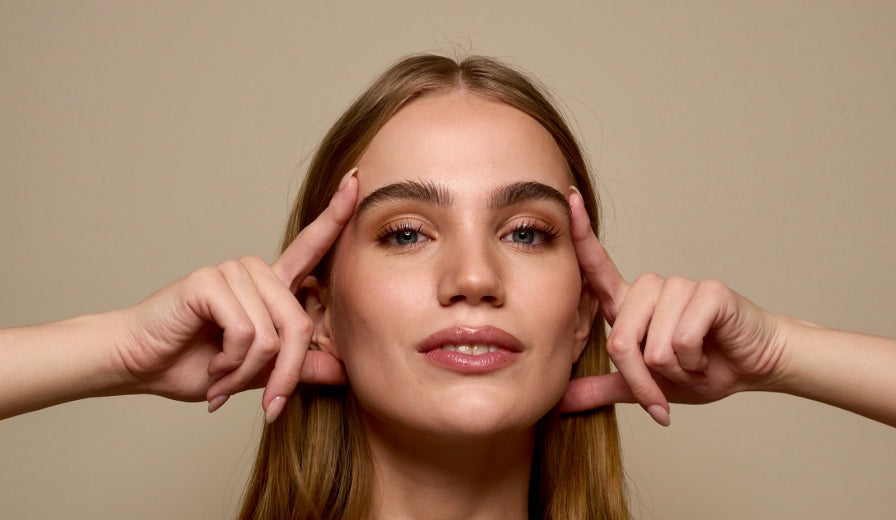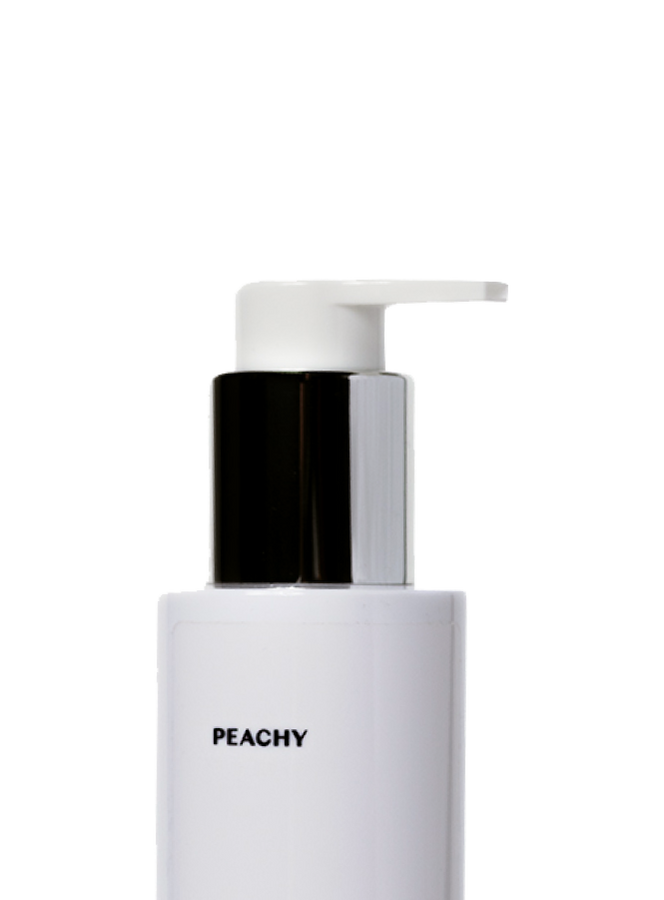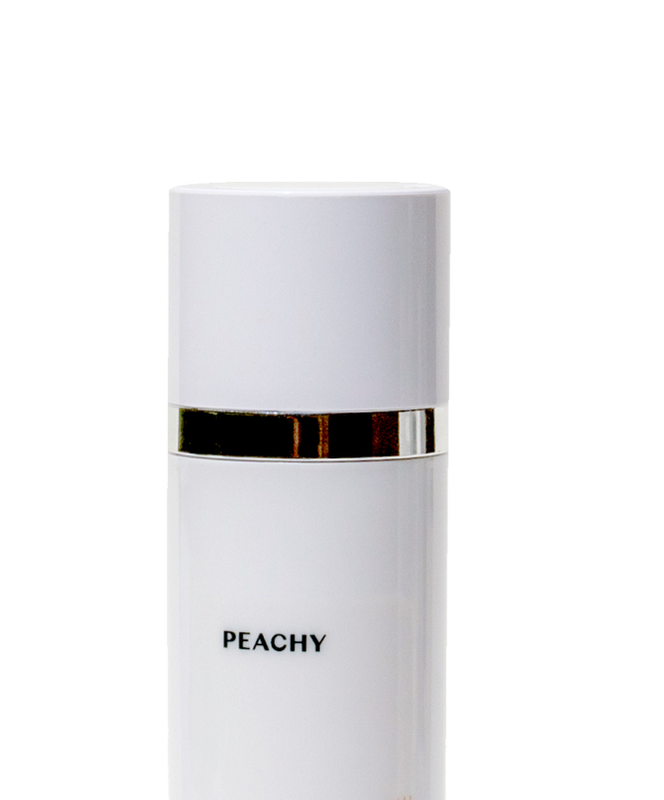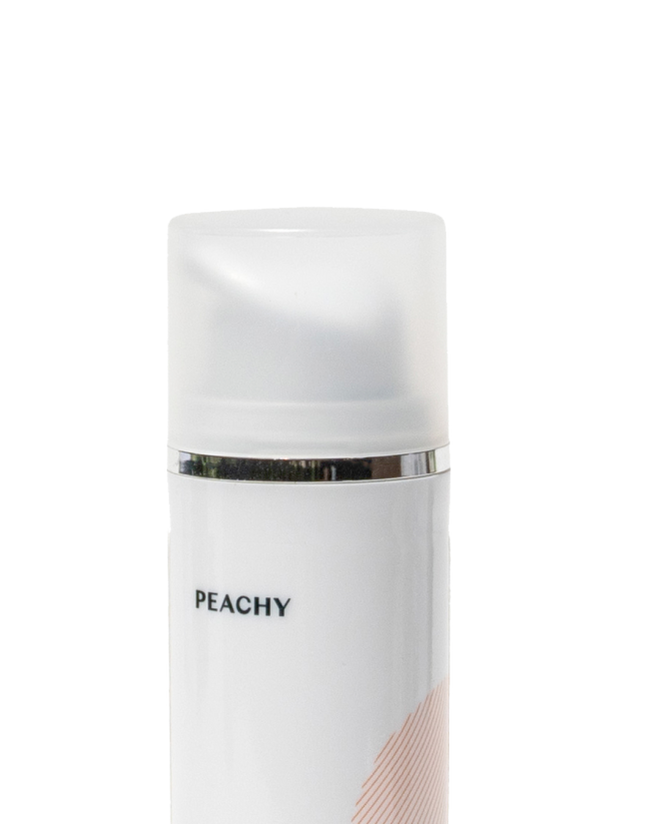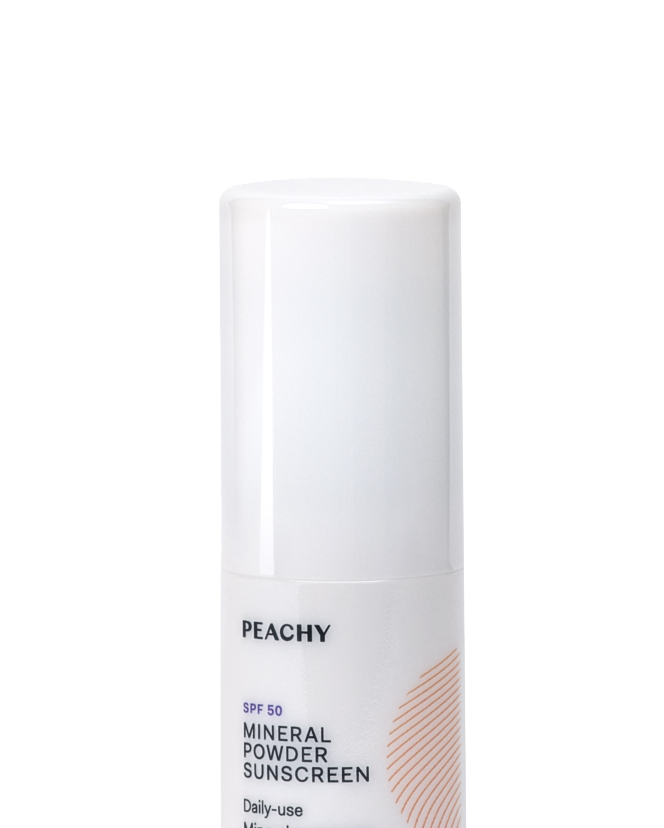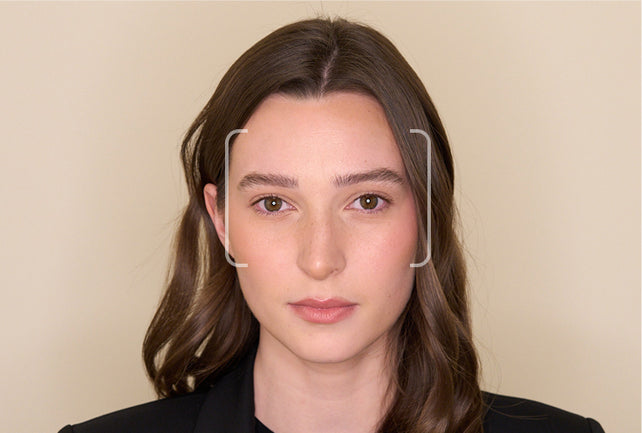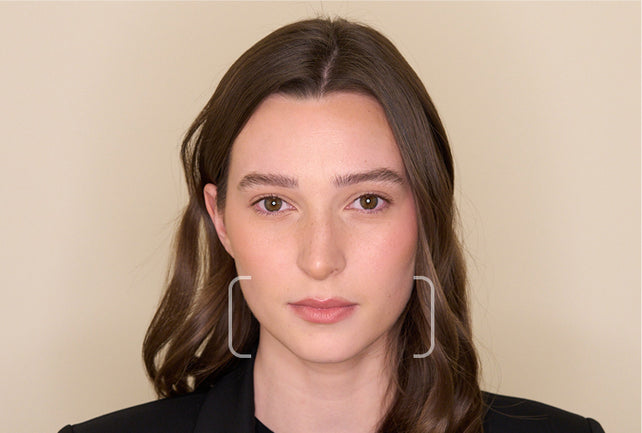Premature aging from sun exposure starts within 3-5 minutes of being outside, well before you’d notice a burn forming, even when cloudy and cold!
Sunscreen protects against UV damage and premature aging.
A Peachy primer on how skin ages and what you can do to help take care of your skin along the way.
Contents
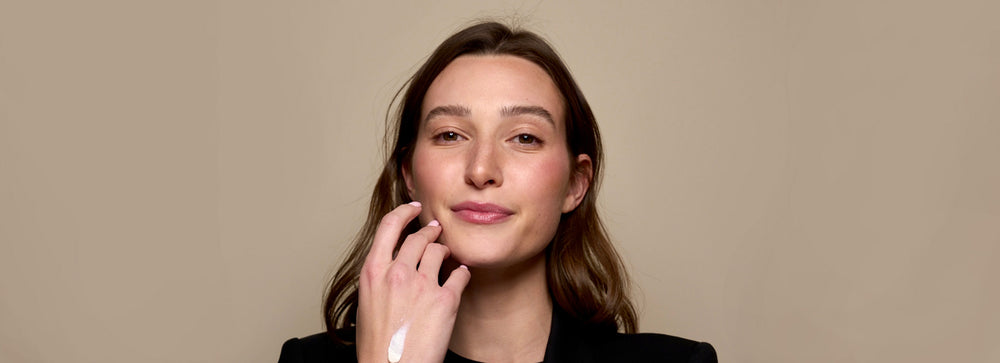
How Wrinkles Form
UV damages the skin
Sunlight contains two forms of ultraviolet (UV) radiation, U-VA and UV-B, which cause skin damage leading to premature skin aging, damage to collagen and elastin, wrinkle formation, and skin cancer.
Sunscreens with chemical filters like avobenzone, oxybenzone, and octinoxate absorb UV rays and dissipate it as heat. A recent study found those who used chemical filter-based sunscreens had absorbed chemicals into the body's bloodstream at very high concentrations even after a single use.
Sunscreens with physical filters like zinc oxide or titanium dioxide deflect UV rays. These are the only two filters approved by the FDA as safe and effective and is what we use in our sunscreen products at Peachy.
Sunscreen is essential in protecting against UV light.
Broad spectrum
Even with high SPF, a sunscreen that isn’t broad spectrum doesn’t protect from all UV-A rays, meaning you’ll be susceptible to premature skin aging.
- Smoother skin texture
- Evens skin tones
Mineral Filters
Physical (or Mineral) filters such as zinc oxide or titanium dioxide reflect UV rays instead of absorbing like chemical filters. Chemical filter-based sunscreens have been found to absorb into the bloodstream at higher than FDA-recommended concentrations. While more study is required to fully understand the effects, we recommend going with a mineral filter-based sunscreen.
- Skin tones brightened
- Pores reduced
SPF 30-50
SPF indicates the level of protection your sunscreen will bring you from UV exposure. When you get to higher than SPF 50, it doesn’t statistically increase your UVB protection and may actually pose a health risk! A SPF 30–50 is ideal even if you’re more prone to burning.
- Wrinkles reduced
- Better skin elasticity
Our Offerings
Best-in-class treatments, administered by a board-certified Nurse Practitioner


